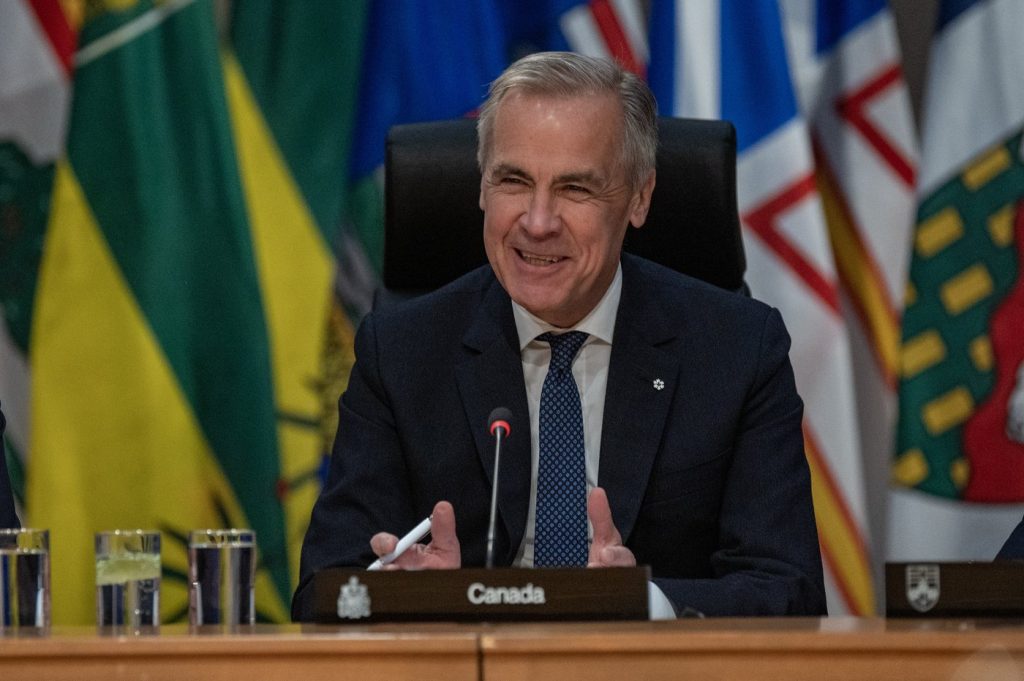SASKATOON On June 2, 2025, Prime Minister Mark Carney announced that the federal government is prioritizing urgent discussions aimed at removing Chinese tariffs on Canadian agriculture and seafood products. This announcement followed a meeting with provincial premiers in Saskatoon, where Carney emphasized the importance of engaging with Chinese counterparts at the ministerial level.
Carney stated, “The Canadian government is engaging with its Chinese counterparts at the ministerial level and we’ll continue those discussions," underlining that the removal of tariffs is a top priority for the government. The commitment to improving Canada's trading relationship with China comes as a direct response to retaliatory tariffs imposed by Beijing on Canadian goods, including canola oil, meal, peas, and seafood. These tariffs were established in retaliation after Canada applied levies on Chinese-made electric vehicles, as well as steel and aluminum.
Saskatchewan Premier Scott Moe expressed his support for the government's initiative, highlighting that China’s tariffs pose a significant threat to the province's canola industry. Moe remarked, “(These discussions) are precisely what this will take to not only secure our market access for products in the long term, but secure a more broad trading relationship with China.” His comments reflect a consensus among the provincial leaders that improved trade relations with China are necessary for economic stability.
Manitoba Premier Wab Kinew echoed Moe's sentiments, stressing that enhancing Canada’s trading relationship with China is also a priority for his province. Kinew emphasized the importance of unity among Canadians, stating, “(It’s) to make sure that you and your jobs come out on top.” Such statements from regional leaders indicate a collective recognition of the economic implications of the trade dispute.
In the agricultural sector, some western Canadian farmers have suggested that the Liberal government reconsider its tariffs on Chinese electric vehicles. They argue that removing these tariffs could incentivize Beijing to lift its own measures against Canadian exports. Additionally, farmers have called for financial support from Ottawa to assist producers who might face economic challenges due to the ongoing trade dispute.
In 2024, Canada exported a substantial $920 million worth of canola meal and $21 million worth of oil to China, underscoring the significance of the Chinese market for Canadian agriculture. The seafood industry has similarly voiced concerns regarding the tariffs, indicating that they will have to absorb increased costs due to the trade issues. Notably, China ranks as Canada’s second-largest fish and seafood export market, following the United States, with exports worth $1.3 billion in the previous year.
This trade dispute highlights the complexities of international economic relationships and the ripple effects that tariffs can have on domestic industries. As dialogues continue between Canadian and Chinese officials, there remains a hope for resolution that can restore and enhance the trading relationship between the two nations.












